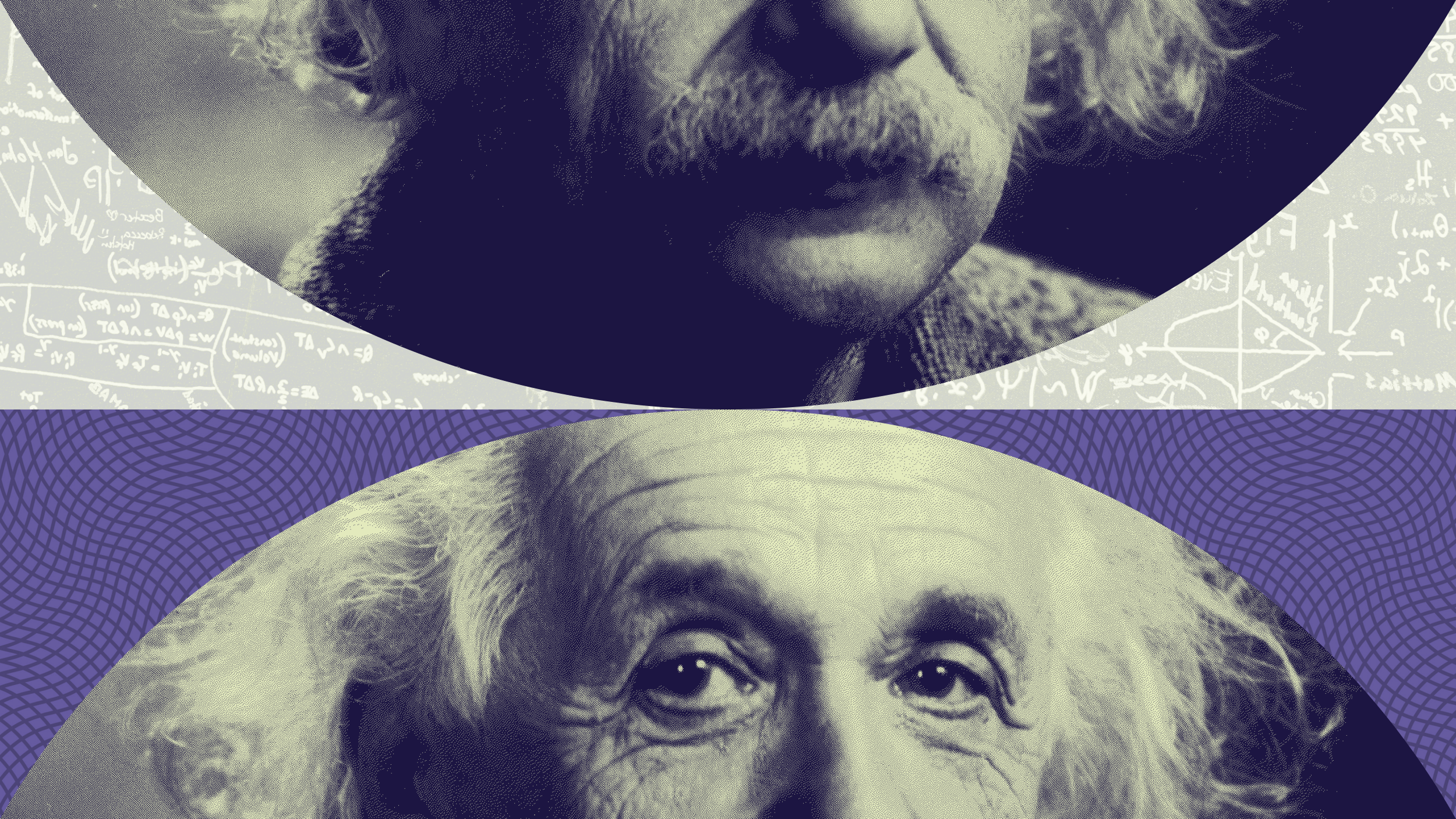Nobody likes a pessimist.
Well nobody likes to be called a pessimist, you know? And I know politically, if you don’t . . . if you’re not an optimist, you don’t win you know? I think there has to be something in between that’s called realism on the one hand. And on the other hand, as a certain appreciation for this country’s historic qualities which I would call great resilience, great responsiveness, great flexibility, a lot of entrepreneurialism, a lot of labor mobility. We make changes in this country a lot easier than many other countries. And in an innovative, fast changing world that is an enormous advantage, and I never want us to forget it. At the same time there are all these problems I’ve been talking about. And they’re not manufactured. The fact that we make promises that aren’t recorded anywhere of $40 trillion in today’s dollars to pay Social Security and Medicare benefits, and we haven’t provided the money . . . or that your taxes are gonna have to more than double, that isn’t Pete Peterson manufacturing it. That’s the Social Security Administration’s own numbers. The fact that we consume 25% of the world’s own oil with less than five percent of the people and over four times the gasoline per capita than our European friends do. And now we’re in for a . . . in a fairly reckless way $300 and something billion dollars a year in oil, much of it from some of the most unsafe and unfriendly sources in the world; not to mention what we’re adding to our debt. And you look around and you look at the proposals that people are making. And if I hear one more comprehensive energy plan, I think I’m gonna scream because they’re not comprehensive at all. They keep pretending as though if you just produce a lot of ethanol, suddenly we’re not going to have an energy problem. What they don’t tell us is it takes an enormous amount of energy to produce the ethanol in the first place, and the net increase and energy output is very, very small. No one wants to hear the fact that it’s gonna take many, many years to create these alternative energy sources. In the mean side, a realist would say, I think, “We have to solve this problem because it’s a very serious problem. It has global warming implications. We’re gonna have to solve this problem on the demand side . . . on the consumption side.” And hey folks, there are only a few ways to do this. Do we think it’s an accident that Europe has a $3.80 gasoline tax and we have a $0.38 gasoline tax? We could have a carbon tax, an energy tax. And we could rebate the money in other ways, but we could try to reduce consumption. Does it bother us that the mileage standards on automobiles abroad are, I think, at least 10 miles higher than ours? Does that possibly have something to do with our consumption? Does it bother us that France gets 80% of electricity now from nuclear and we haven’t built a nuclear plant in years? Does that bother anybody that that’s not part of a comprehensive energy plan or what? So you can call this pessimism. You can call it anything you want. I think there are certain realities out there that we’d better address. And there’s no reason we can’t address them. We’ve done it before and we can do it again. But we first have to say, “Hey, it’s a problem,” and not call anybody that points out the problem some kind of pessimist.
Recorded On: 7/26/07





